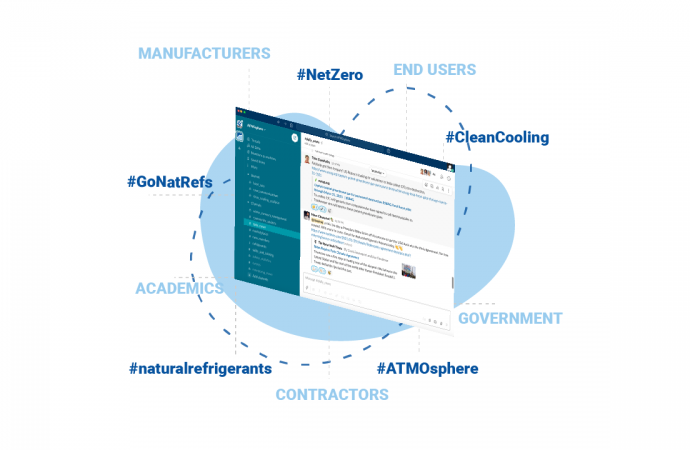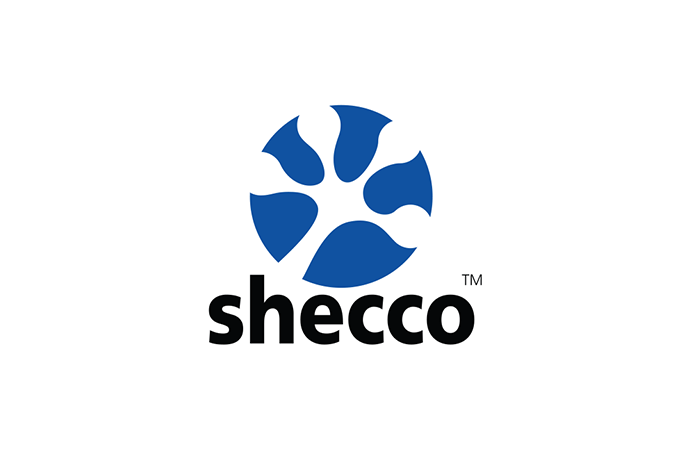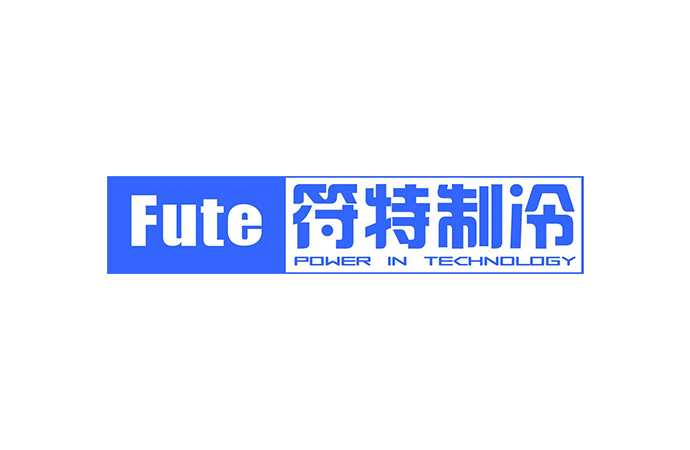At a dedicated workshop jointly organised by the Chinese Association of Refrigeration and market development company shecco, leading driving forces from the suppliers and end-users side presented their ideas about how fast China could move from the current 5+ stores with only CO2-based solutions, which barriers they still encounter, and who could drive change from inside China, with the support of experienced foreign suppliers.

In a short but strong statement concluding the event Mr. Wei Qian from Tesco China informed participants that from today’s five stores using CO2 as a refrigerant in cascade solutions, “in the near future, let’s say 3-5 years, all new Tesco stores will adopt natural refrigerants.”
In the preceding two hours China’s leading suppliers of CO2 commercial refrigeration system solutions and heat pumps provided an insight into their roll-out plans for R744 cascade or transcritical solutions and commercial heat pumps, introduced available technology options for the Chinese domestic market, and urged associations and governments to support them in drafting necessary standards and legal frameworks fostering the adoption of sustainable refrigerant solutions.
CO2 cascade could go fast, while transcritical promises large potential
- Carrier: Calvin Chen, Director of product marketing and key account management of Carrier Asia, presented Carrier’s two-fold strategy to grow with the Chinese market in CO2 commercial refrigeration, and stay a market leader for an emerging R744 technology market. As the most immediate option for all climate conditions including Southern China, the HybridCOOL system, using CO2 in combination with R134a, would be the preferred option. Once CO2 transcritical solutions are optimised for high energy efficiency operation in high ambient temperatures the HybridCOOL systems could be complemented with the COOLtec CO2-only systems in the following years. Chen drew a comparison with Europe where R744 solutions are much more widespread, and presented Carrier’s experience with more than 700 CO2 systems installed in Europe. He then concluded that China has a huge potential to leverage increasing awareness of global warming issues to implement sustainable solutions in its rapidly growing cold chain. He also acknowledged that technical and commercial training would be crucial to educate customers. So far Carrier has been importing CO2 technology from Europe, but very shortly production will start in China to be better able to react to emerging market demand across Asia, reduce cost, adapt designs and provide better technical support. Carrier Commercial Refrigeration operates one of its two leading global design centers, and its largest test lab for CO2, in Shanghai.
- Fute: David Zhang, CEO of Fute Refrigeration, explained why the small company has decided to drive the adoption of CO2 as the “optimal refrigerant” for commercial refrigeration in China. Zhang drew attention to the environmental, technical and safety aspects of R744, before urging the Chinese government to follow the example of Australia and selected countries in the EU that have adopted stringent tax measures. Fute has already successfully installed four CO2 cascade systems in Tesco stores, and one in a Nestlé facility in China, and is currently working on store number 5 for Tesco. If refrigerant prices would increase to Australian levels, the top 7 leading food retailers in China could pay up to 240,600,000 RMB on refrigerant replacement each year. If the industry were not to adopt natural refrigerants, up to 620,000 kg of HFCs could be used in 590 new stores planned in the next 5 years. Zhang concluded that China has the resources and potential to develop CO2 technology. He was confident that more market players would be attracted by the market opportunities of R744 in food retail. However, a lack of expertise in designing and maintaining CO2 systems, limited qualified local equipment and components suppliers, low public awareness, and weak current support by regulatory bodies would limit the fast market adoption of CO2 solutions.
Other perspectives: global & heat pumps
- shecco: Nina Masson provided an introductory overview of natural refrigerant applications around the world, putting Chinese market developments into a broader context. She drew attention to the fact that for solutions such as R744 commercial refrigeration, R744 heat pumps in residential and commercial applications, and the use of HCs in light-commercial and air-conditioning solutions, China would have a unique opportunity to establish itself as a driving force ofr greater market uptake. Her presentation was based partly on findings from the latest GUIDE on Natural Refrigerants for North America, but also contained comparisons with Europe, Japan, and India.
- Shandong Melinda: The producer of hot water heaters is one of the leading market players for CO2 commercial heat pumps in China. With more than 100 sets of CO2 heat pumps applied in 40+ projects, Melinda has gained experience in using R744 heat pumps for several years now. Mr Li Gang presented various case studies with successful application of CO2, including in an air source water heat pump that has been providing 60 tons of hot water per day to a children’s hospital in Shenyang city for two years, where the installation also includes a 200 m2 solar heat collector. In the JianLong Bath Center (the City of Taiyuan), Melinda’s three CO2 heat pumps have been heating 70 tons of water per day for four years. The city government is highly satisfied with the performance and is planning further installations using R744 HP technology. In a third project, three CO2 systems have been operating reliably at a 4800 meter altitude and temperatures of -30°C to heat the newly built Qinghai-Tibet railway maintenance center, which covers a building area of around 3000 m2. Mr Gang concluded that carbon dioxide heat pumps have the potential to fully replace hot water boilers for heating in China. Although widely used in Japan, China is only at the very beginning when it comes to developing the R744 heat pump market, which promises huge opportunities in hot water supply but also for large industrial applications like food production and milk processing.
CAR: Natural refrigerants have unique advantages
In his opening speech Mr Jin Jiawei, Secretary General of the Chinese Association of Refrigeration (CAR), argued that natural refrigerants have always played an important role throughout history. Particularly, in the commercial refrigeration field, natural refrigerants have unique advantages. Mr Jin stated: “In terms of long-term environmental protection, it is necessary to avoid the emissions released by refrigerants made by synthetics chemicals so as to prevent potential hazards. “
About the workshop
The workshop, jointly organised by the Chinese Association of Refrigeration (CAR) and shecco, was held on the second day of the China Refrigeration 2013 event in Shanghai. It drew the attention of 100 participants interested in market trends for natural refrigerants in different applications, including heat pumps and industrial refrigeration. Companies present also included Yantai Moon who updated participants about about safety measures for NH3 in industrial systems.
MORE INFORMATION
Related stories




